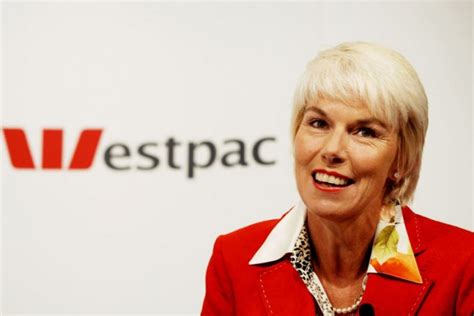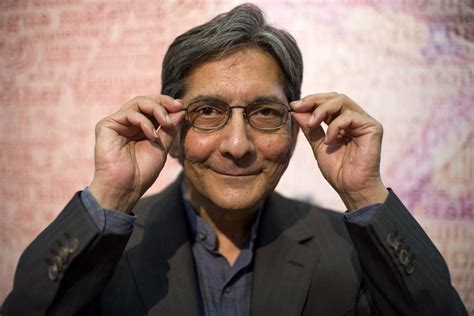Цитата Куми Найду
Мне было 15 лет, когда я впервые услышал имя Мандела, или Мадиба, как его нежно называют в Африке. В условиях апартеида в Южной Африке он был врагом общества номер один. Окутанный тайнами, мифами и слухами, СМИ прозвали его «Черным Пимпернелем».
Связанные цитаты
В 1985 году я присоединился к своей матери в акции протеста против апартеида, во время которой мы были арестованы у посольства Южной Африки в Вашингтоне, округ Колумбия. И она была на стороне избранного президента Манделы в Йоханнесбурге, когда он заявил о своей победе на первых свободных выборах в Южной Африке.
Я помню свои эмоции в тот день, когда мы смотрели, как Нельсон Мандела выходит из тюрьмы. Письмо и литература в Южной Африке в годы борьбы с апартеидом стали «культурным оружием». Вы должны были использовать его для борьбы с апартеидом, и некоторые из нас сопротивлялись этому, в конце концов, вы осознаете, что столкнулись с правительством, которое без колебаний использует культуру и искусство, чтобы угнетать вас.
Принимая во внимание континент в целом, эта религиозная напряженность может быть причиной возрождения самых обычных расовых чувств. Африка разделена на черную и белую, и подставленные названия — Африка к югу от Сахары, Африка к северу от Сахары — не могут скрыть этого скрытого расизма. Здесь утверждается, что Белая Африка имеет тысячелетнюю культурную традицию; что она средиземноморская, что она является продолжением Европы и что она разделяет греко-латинскую цивилизацию. На Черную Африку смотрят как на край инертный, жестокий, нецивилизованный — одним словом, дикий.
Я хотел бы наводнить Южную Африку черными персонажами самых разных убеждений: писателями, педагогами, бизнесменами, кем угодно. Если вы черный и имеете какое-то влияние, я бы хотел, чтобы вы поехали в Южную Африку, искали себя, возвращались и пытались использовать инструменты, которые у вас есть в вашем распоряжении, чтобы попытаться помочь тамошним братьям.
И теперь Южная Африка наконец проснулась и творит великие дела. И если Южная Африка станет примером того, чем является СПИД на континенте к югу от Сахары, то все остальные страны последуют ее примеру. А Мишель Сидибе, выступавший сегодня утром на собрании за завтраком, говорил, что теперь, когда Южная Африка навела порядок в своем доме, у Африки так много надежды.
































